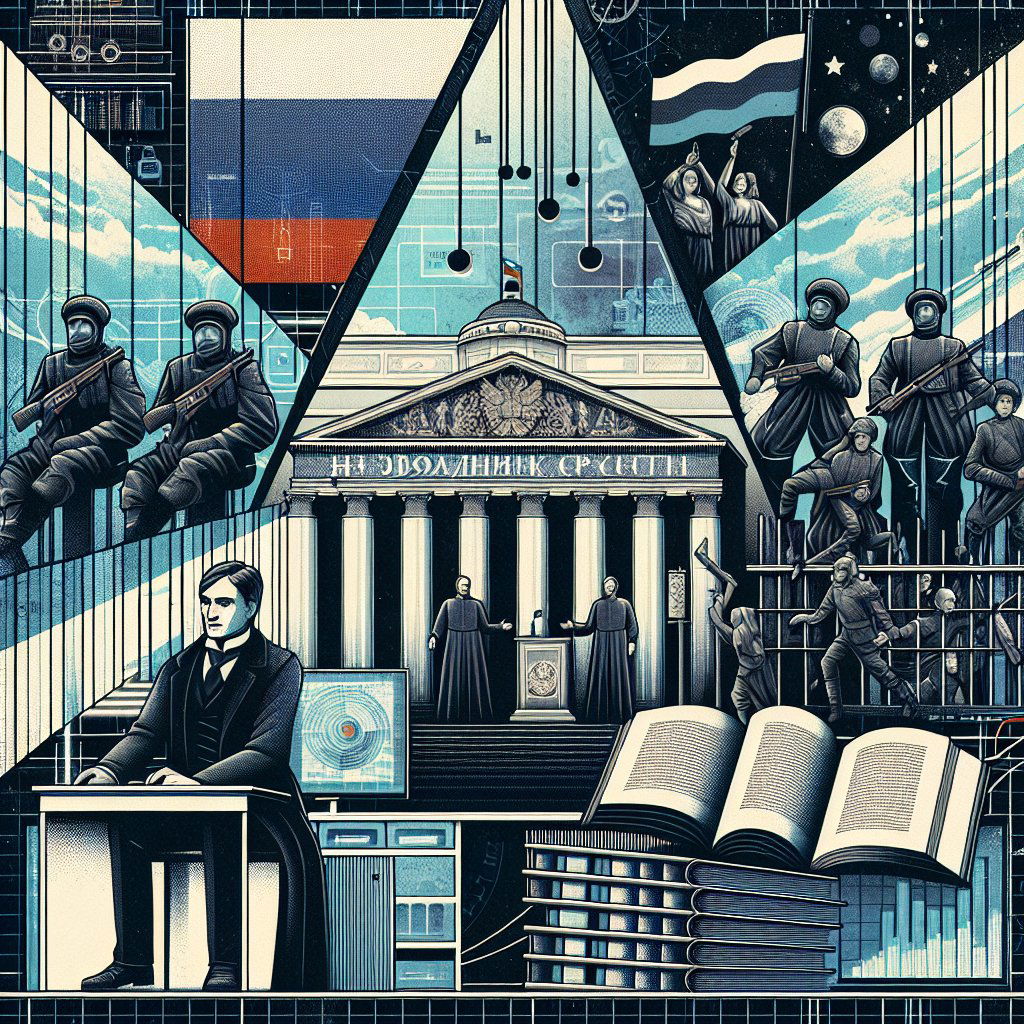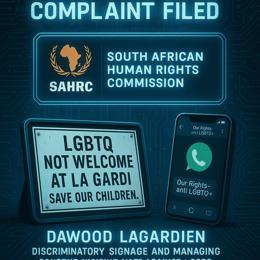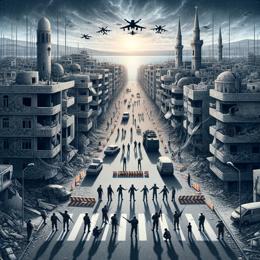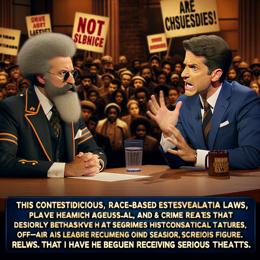Image created by AI
Russian Theater Personalities Sentenced for "Justifying Terrorism" in Controversial Play
In a move that has sent shockwaves through the international theater community, Evgeniya Berkovich, a renowned Russian theater director, and Svetlana Petriychuk, a distinguished playwright, have been sentenced to a six-year prison term by Russia's Second Western District Military Court. They were convicted for "public justification of terrorism" centered around their stage production, "Finist, The Brave Falcon". This sentence, reported by a correspondent of Mediazona present at the courtroom, has raised concerns over freedom of expression and the targeting of the arts in Russia.
"Finist, The Brave Falcon", created by Berkovich's independent theater group, "Daughters of SOSD", emerged from Petriychuk's elaborate and poignant playwriting. It had previously earned the acclaim of Russia's theater community by securing the prestigious Golden Mask award in the categories of 'Best Playwright' and 'Best Costume Design'. The play narrates the grim tales of Russian women embracing marriages with Islamists, only to find themselves ensnared by militant jihadism in Syria.
This case has starkly highlighted the tensions between artistic freedom and state censorship in Russia. The play's critical focus on ISIS and the perils of terrorism was misconstrued by the "National Liberation Movement" (NOD) as an endorsement of Islamist extremism. NOD, a political party known for its allegiance to 'ultra-patriotic' ideals and the Putin regime, lodged the complaint leading to the prosecution of Berkovich and Petriychuk.
The duo's trial has been subject to closed proceedings, limiting public and press access to the sentencing announcement alone. Berkovich's predicament was further exacerbated by personal tragedy, with her grandmother's passing during her incarceration and her plea for house arrest, citing her need to care for her two specially-abled adopted daughters, coldly denied.
This legal development stands in stark contradiction with the opinions of several prominent figures within the Russian cultural sector, including the likes of Ksenia Rappoport and Veniamin Smekhov. Smekhov, in his testimonial, ardently defended the play, emphasizing its narrative as a cautionary tale against terrorism and negating any celebration of ISIS.
The sentencing of Berkovich and Petriychuk raises profound questions about the limits of creative expression and has mobilized the international arts community in defense of the convicted. It also underscores the broader issues surrounding Russia's judiciary processes, particularly in cases involving accusations of terrorism that intersect with political and cultural expression.
With the world’s eyes on Russia, the conviction serves as an ominous reminder of the fragile nature of artistic freedom in regions where government narratives dictate public discourse. The severe repercussions faced by these theater professionals for what is essentially their artistic endeavour is a chilling indication of how interpretation can be overridden by political agendas.










